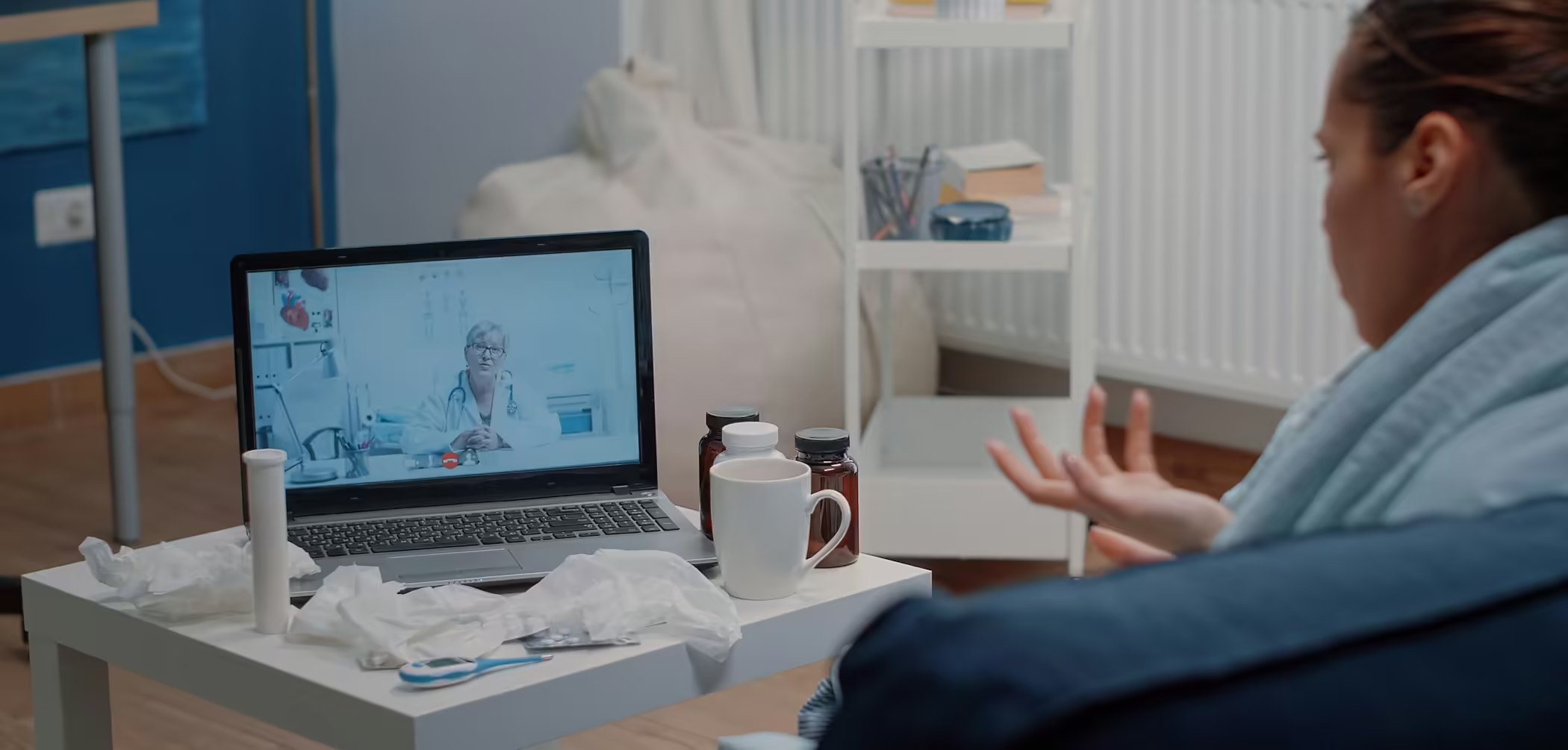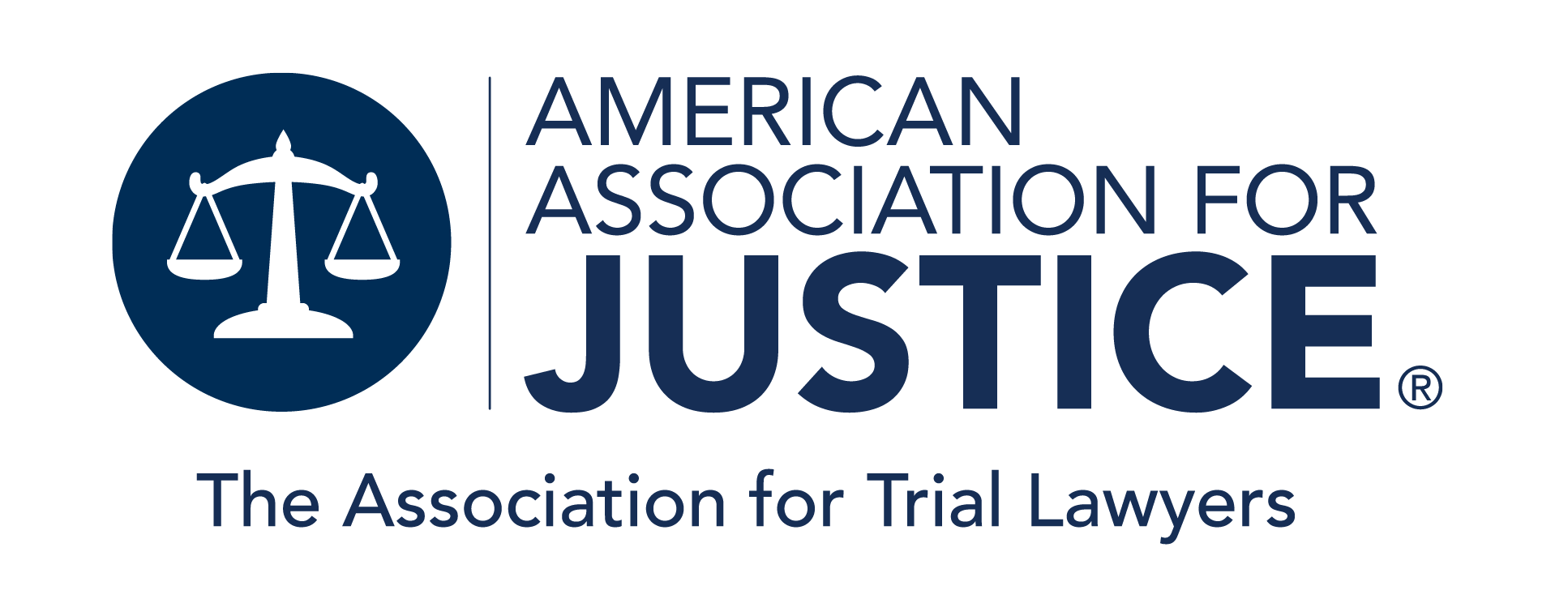Telehealth Fraud
Exposing telehealth fraud practices.
Health services via telemedicine have spiked because of the COVID pandemic, and now the government is cracking down on fraudulent practices in telehealth.

What is Telehealth fraud?
Telemedicine is the use of telecommunications, usually phone or video, to provide health care appointments and services remotely. Telemedicine fraud involves the use of virtual appointments or services to conduct fraudulent health care practices such as upcoding, unbundling, or medical necessity fraud.
Common types of Telehealth fraud.
According to a recent study released in Health Affairs, the number of telemedicine visits conducted each week is 23 times higher than before the pandemic. Each of these virtual visits provides an opportunity for fraud, with even fewer eyes in the office to keep people honest and accountable.
Common types of healthcare fraud involving telemedicine include:
- Billing for services or medical equipment not actually provided
- Administering medically unnecessary services
- Encouraging or pressuring patients to accept medically unnecessary services
- Upcoding – billing for more costly services than those actually performed
- Unbundling – separate billing for services or procedures that should be combined as one
- Billing Medicare or Medicaid and the recipient for the same services
- Self-referrals and kickbacks
- Forging documents, appointments or prescriptions
In some cases, healthcare fraudsters may even offer a “free” telemedicine visit as a way to bring in vulnerable patients who may accept costly, and unnecessary, medical treatment or DME. It is also common for these fraudulent service providers to prey on elderly people, pressuring them into unnecessary medical treatments or equipment.
We have recovered over $12 million in fraudulently obtained government money from government contractors.

Protection & Rewards
The False Claims Act.
The False Claims Act ensures that any whistleblower who brings claims exposing government fraud is protected. The Anti-Retaliation provision in the False Claims Act establishes that an employee, contractor, agent, or any other type of whistleblower which is employed by the company at issue cannot be retaliated against, or threatened for retaliation, for their actions.
Protection against Retaliation or Harassment.
Retaliation could take the form of harassment, dismissal, demotion or disciplinary measures. Harassment could also include such behaviors as failing to renew the contract of a whistleblower, withdrawing certain privileges (such as access to training), or the loss of responsibilities (marginalization).
Billions have been recovered. Up to 30% awarded.
In 2023 alone, whistleblowers helped the government recover $2.68 Billion. For their courage and assistance, a whistleblower can be awarded 15% to 30% of the amount recovered in their case.





Frequently Asked Questions
Who investigates Telehealth fraud?
The Office of Inspector General for the U.S. Department of Health and Human Services will often investigate reports of telehealth fraud together with the FBI.
How do I detect Telehealth fraud?
Review all billing, treatment or appointment summary notes, and explanation of benefits. If you work for a healthcare provider, you may be told by your employer to bill for telemedicine services that were inaccurate or not provided, or to change the coding when billing. This is against the law and should be reported.
What kind of evidence should I have before reporting Telehealth fraud?
It is important to have concrete evidence of telemedicine fraud before reporting it. While documentary evidence is not required, it is considered in many cases and can play a role in your case. Records of improper charges, emails stating fraudulent claims, or in-office memos can be helpful, however, there are important factors to consider before removing company documents. Our experienced qui tam attorneys can evaluate the evidence you have of telehealth fraud and help you navigate the rules about disclosure that ensure your rights are protected.
Do I need to file a claim or can I just report the fraud?
Simply reporting the fraud is often not enough to receive compensation for whistleblowing. You must formally file a claim in court and include evidence of the misconduct under the False Claims Act.
What happens if the government does not pursue the case?
Under the False Claims Act, the government can choose to take over the case, called “intervention,” or can decline to do so. Less than 15% of cases are intervened in by the government. However, this is often due to factors that are unrelated to the strength of the case, the amount of information brought by the whistleblower, or the nature or extent of the defense contractor fraud reported. You may have the option of pursuing the case even if the government declines to intervene in your case. We can help you evaluate this possibility during our consultation with you.
Reach out and take advantage of our free case evaluation.
All your communications with PriceArmstrong will be kept confidential and, if we take your case, there are no-out-of pocket costs to you.